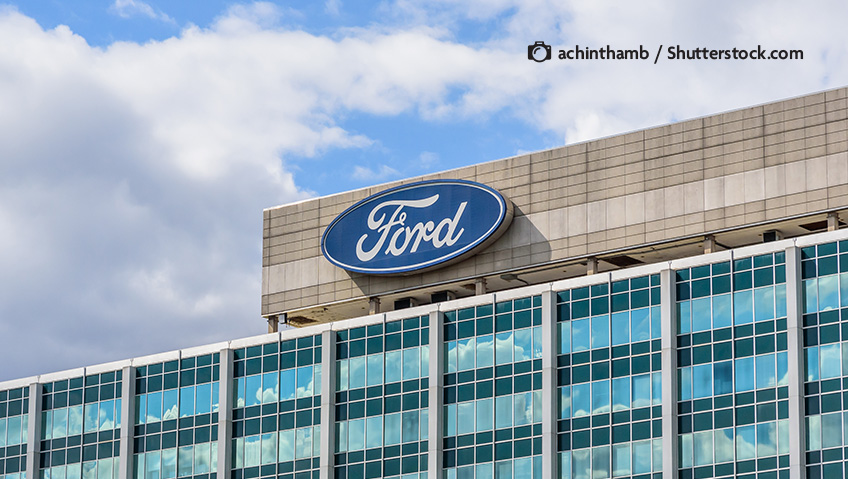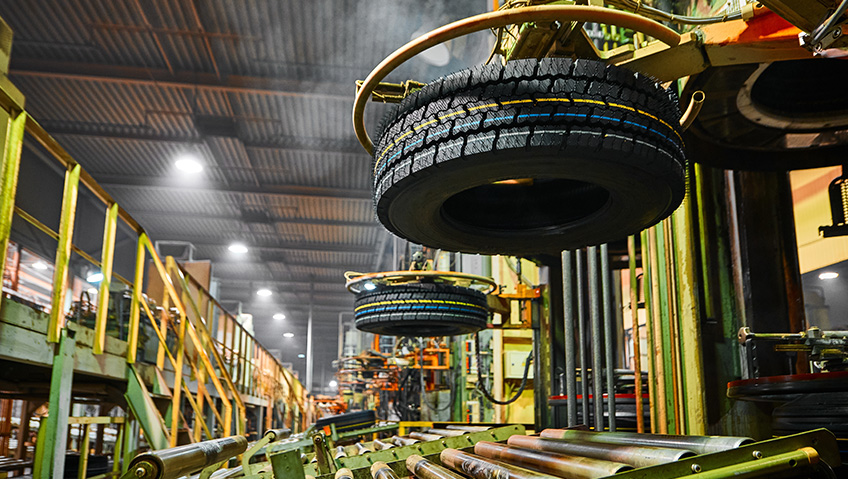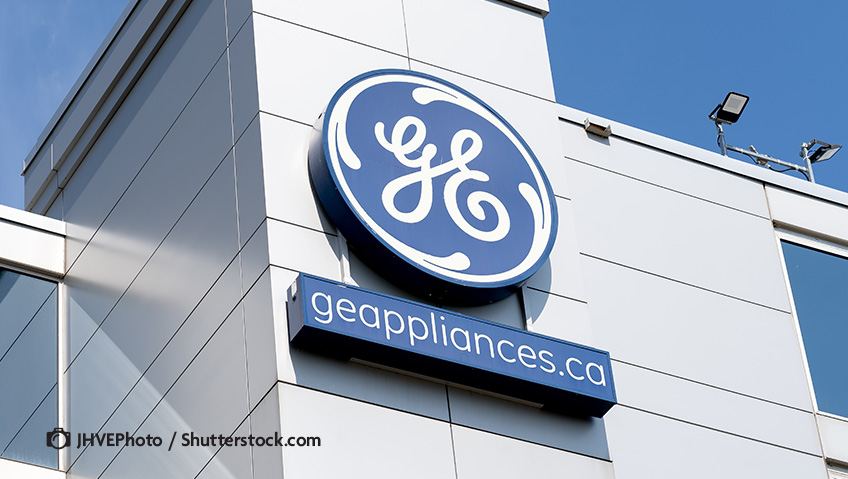Ford will invest nearly $2 billion to retool and reenergize an assembly plant in Kentucky where it has produced gas-powered vehicles for the last 70 years to produce electric vehicles (EV) that it espouses will be more affordable, profitable to build, and competitive against other offerings. The strategy was unveiled at Ford’s Louisville Assembly Plant by CEO Jim Farley and indicates that the automaker will push ahead with the transition to electric despite the backtracking of the U.S. government’s support for the effort.
The first EV produced will be a midsize, four-door electric pickup truck in 2027 for domestic and international markets. The trucks will be powered by lower-cost batteries made in Michigan, at a facility the automaker invested $3 billion to build. “It represents the most radical change on how we design and how we build vehicles at Ford since the Model-T,” Farley said of efforts that he believes will be as revolutionary for vehicle production as those of the company’s founder Henry Ford when he introduced the assembly line.
Using a universal platform and production system, the same vehicle underpinnings can be utilized across a range of models, enabling a lineup of more affordable vehicles that can be produced at scale. With 40 percent fewer workstations dock-to-dock, a parts reduction of 20 percent, and fasteners by 25 percent, it will facilitate a 15 percent faster assembly time, thereby reducing costs.
The transformation has been equated to taking a traditional assembly line and creating an “assembly tree,” with sub-assembly lines in place of one long conveyor. Despite the reduction in parts and workstations, the investment secures 2,200 hourly jobs.
Ford said that the company’s combined investment of about $5 billion between the Kentucky assembly plant and Michigan battery plant is expected to create or secure nearly 4,000 direct jobs between the two plants while strengthening the domestic supply chain with dozens of new U.S.-based suppliers. “We’re not in a race to build the most electric cars,” Farley told the AP when asked about competition from China. “We’re in a race to have a sustainable electric business that’s profitable, that customers love. And this new vehicle built in Louisville, Kentucky is going to be a much better solution to anything that anyone can buy from China,” he added.




